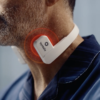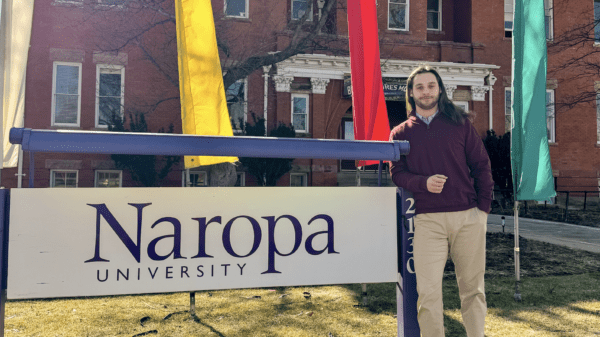In a recent study sponsored by the Multidisciplinary Association for Psychedelic Studies (MAPS) researchers found that MDMA-assisted therapy is effective at reducing symptoms in people suffering from severe to moderate post-traumatic stress disorder (PTSD).
The study was recently published in the journal Nature Medicine and administered by MAPS subsidiary the MAPS Public Benefit Corporation. The organization is compiling data from 18 MAPS-sponsored Phase 2 and Phase 3 studies for a New Drug Application expected to be filed to the U.S. Food and Drug Administration.
The study findings represent the culmination of more than two decades of dedicated research efforts. In conjunction with prior research, such as MAPP1, these findings strongly advocate for a deeper exploration of this treatment approach for individuals grappling with moderate to severe PTSD.
“These findings represent the culmination of over two decades of research and together with MAPP1, indicate that further consideration of this treatment in individuals with moderate to severe PTSD is warranted,” reads the study.
The study suggests that MDMA-AT reduced PTSD symptoms and functional impairment in a diverse population with moderate to severe PTSD and was generally well tolerated.
Read more: CBSA busts 3.3 tonnes of chemicals used to manufacture MDMA
Read more: MAPS launches online education program on psychedelics
The study was run in 13 study sites including 11 in the U.S. and 2 in Israel. It compared the efficacy of placebo and MDMA in people suffering from moderate to severe PTSD. Participants stopped taking their psychiatric medications before baseline to avoid drug interactions.
In the experiments, participants were given either MDMA or a placebo and took them in two parts. In the first session, they started with 80 milligrams of MDMA and then had 40 milligrams more later. In the next two sessions, they began with 120 milligrams and then took 60 milligrams more later. This extra dose was given 1.5 to 2 hours after the first dose.
Both groups of participants got the same therapy. The reason participants started with 120 milligrams in the first session was to let people get used to the treatment slowly, based on advice from an earlier study. In the second and third sessions, they used 180 milligrams because it seemed to work well in previous studies. This way, doctors could adjust the dose if necessary.
“We hope that MDMA-assisted therapy for PTSD will be approved by the FDA next year — and that our Open Science, Open Books principle will inspire researchers to make this just the first of many psychedelic-assisted therapies to be validated through diligent research,” MAPS Founder Rick Doblin said in a statement.
Psychedelic-assisted therapy firms such as Numinus Wellness Inc. (TSX: NUMI) (OTCQX: NUMIF) welcomed the results as a milestone for healthcare and the industry.
“Millions of people living with PTSD are hoping to access MDMA-assisted therapy as a safe, effective healing modality
“These positive Phase 3 results represent a genuine and promising leap toward formally acknowledging this treatment and providing universal access,” Numinus CEO Payton Nyquvest said.
“It goes without saying that the industry tips its hat to Rick Doblin and the entire MAPS team. They have been tirelessly advocating for the mental health industry through their work over the past 38 years, guiding us on this crucial journey.”














